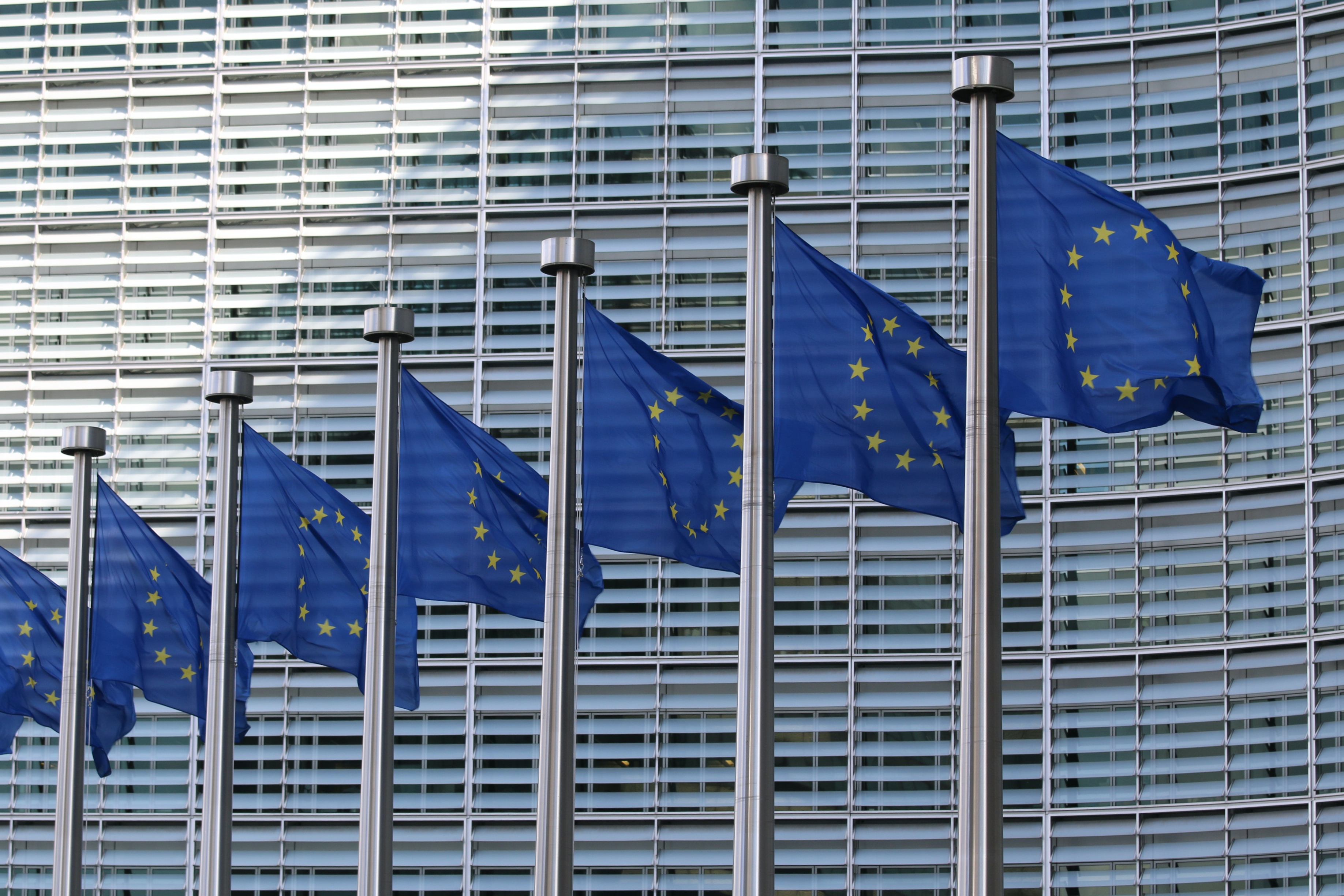Why English won't quit the European Union
Medical Pharmaceutical Translations • Apr 17, 2023 12:00:00 AM

As a general rule, a lingua franca is naturally adopted and used by a population in order to understand one another across language barriers. But what happens when someone challenges the choice of lingua franca? This is the issue the European Union has been facing since the UK officially left the EU in 2020. Brexit, as the event has famously been dubbed, has had a number of consequences and has impacted the UK and the EU on a number of levels. But one thing that hasn’t really changed is the widespread use of English in official European Union institutions. In a fascinating article, Liv Klingert reports that while the country most associated with “the language of Shakespeare” is no longer a part of Europe’s governing body, English is still the most-spoken language among EU representatives, with 38% of them speaking it fluently - a significantly higher percentage than speakers of any other second or even native language. Whether or not they hope to work for the EU’s leading body, English is also the most popular foreign language among European students. For instance, a staggering 96% chose to study it as a foreign language in 2020. Despite its popularity, Klingert points out that English’s persistance hasn’t been welcome by everyone. For instance, when the French held the EU presidency last year, they tried to enforce their own language’s former predominance as the “language of diplomacy”, a move that, Klingert writes, “annoyed” many EU deputies who weren’t fluent in French. The choice may have brought on a few chuckles, but it’s hard to blame the French, who are so proud of their native language that they even have a centuries-old organization that governs its use. And it wasn’t that long ago that French was the language of choice in diplomatic and international settings. With this in mind, and with all of the languages in the EU, including the formerly influential French, to choose from, why has English left such an indelible mark? One reason is the same reason many languages have been lingua francas in the past: Dominance. From the lasting influence of the British Empire to the US’s immense presence in entertainment and popular culture, English is hard to totally escape. Klingert also writes that when Eastern European countries became EU members in the mid-2000’s, their citizens and delegates tended to be fluent in English as a foreign language, as opposed to French, further boosting English’s popularity in EU institutions. Another thing that may add to English’s appeal is its relative simplicity. Unlike many other European languages, English doesn’t have genders, multiple forms of the second person, or complex verb conjugations. And while many people do take great pride in speaking eloquent, grammatically perfect English, Anglophones tend to be more accepting of mistakes. Maybe part of that is because of English’s global nature; for centuries, it’s been evolving in its own way in just about every corner of the world. Many experts also say that part of English’s dominance among EU deputies is that it has a certain neutrality, especially now that the UK is no longer a member. Everyone who is using English in the EU is speaking it as a foreign language, meaning that everyone is at the same advantage and disadvantage. This being said, it’s important to realize that the English used by EU deputies isn’t the same as the English used by native speakers. “Euro English”, a blend of British English and the influence of numerous European languages, has been compared to Globish, a simplified, international English, but many experts would say this is incorrect. Euro English is often considered an English dialect in its own right,rather than just a simplification of the language. This distinction probably isn’t important for opponents of Euro English, who argue that it lacks the vocabulary and subtlety that one’s native language, or at least a standard form of a language, can boast. Despite these arguments, its persistance seems to prove that (Euro) English works as a linga franca for EU deputies, and it’s likely here to stay for a while. One interesting theory, though, is that with the improvement in translation AI’s accuracy, translation apps and devices may mean that in as little as a few years from now, a lingua franca will be unnecessary; everyone could speak the language they choose and it will be instantly translated and understandable to everyone else. Of course, when you consider the fact that the AI would have to translate flawlessly, or else risk causing diplomatic misunderstandings and incidents, this seems unlikely to happen very soon. And there is something to be said for using a common language, whether the one a person was born speaking, or a shared, second one that speakers can use to fit their needs. It creates a human connection that machines can’t replace - and where better to feel this connection than in organizations where diplomacy is key?
Contact Our Writer – Alysa Salzberg
